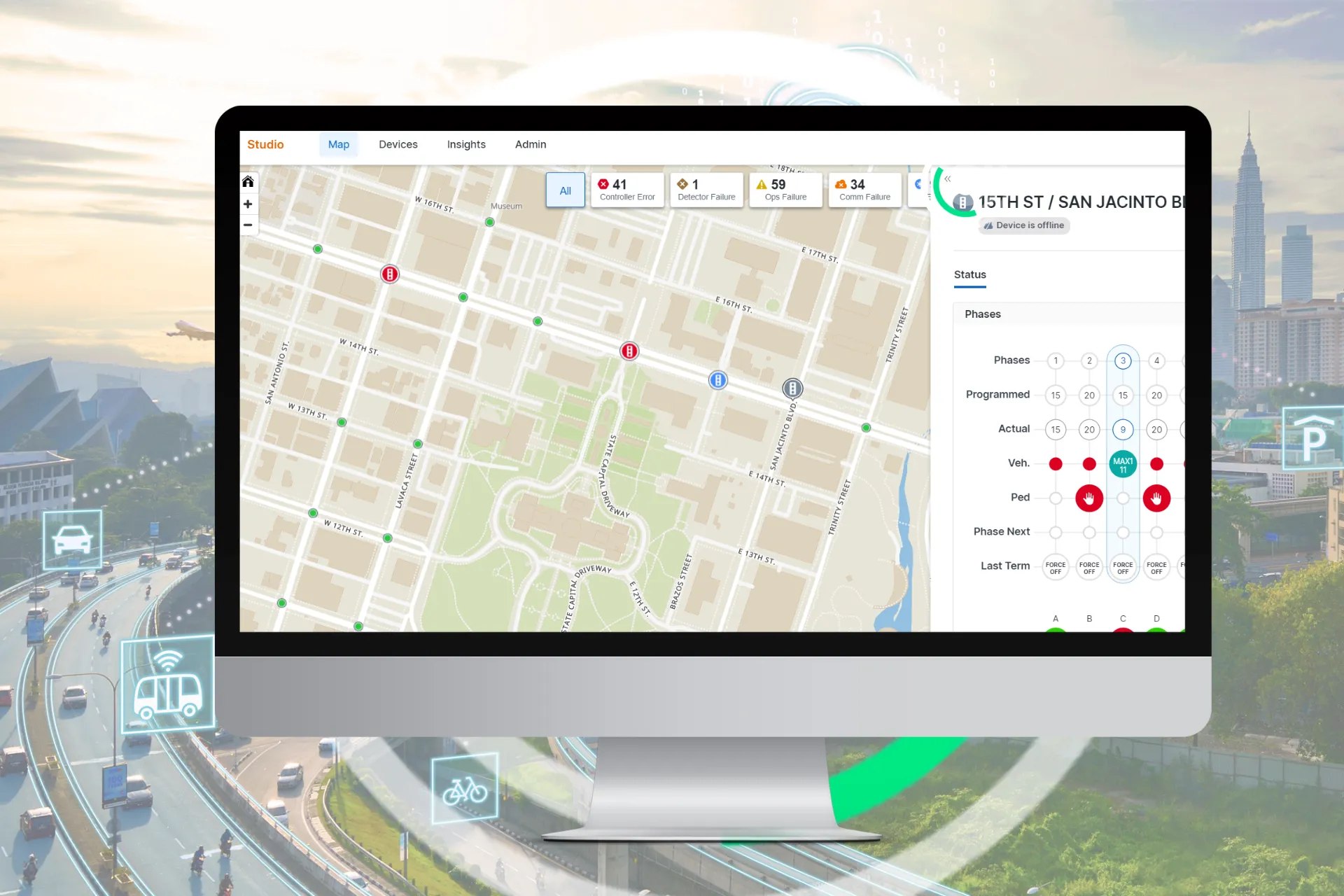The US Department of Transportation's (USDOT) Research and Innovative Technology Administration and the Federal Highway Administration released the first version of the Research Data Exchange (RDE), a transportation data sharing system that promotes sharing of archived and real-time data from multiple sources and multiple modes. This new data sharing capability will support the needs of Intelligent Transportation System (ITS) researchers and developers while reducing costs and encouraging innovation.
March 15, 2013
Read time: 2 mins
The 324 US Department of Transportation's (USDOT) 321 Research and Innovative Technology Administration and the 831 Federal Highway Administration released the first version of the Research Data Exchange (RDE), a transportation data sharing system that promotes sharing of archived and real-time data from multiple sources and multiple modes. This new data sharing capability will support the needs of Intelligent Transportation System (ITS) researchers and developers while reducing costs and encouraging innovation.
The primary purpose of the DCM (Data Capture and Management) Research Data Exchange is to provide a variety of data-related services that support the development, testing, and demonstration of multi-modal transportation mobility applications being pursued under the USDOT ITS Dynamic Mobility Applications (DMA) Program and other connected vehicle research activities. Data accessible through the Research Data Exchange will be well-documented and freely available to the public. The vision of the DCM Program is to enhance current operational practices and transform future transportation systems management through the active acquisition and systematic provision of integrated data from infrastructure, vehicles, and travellers. This data is available to researchers, application developers, and others.
Transportation data from a variety of sources is available for download from the RDE website. The data sets include data from recently completed research projects and demonstrations and from operational implementations. Researchers, application developers, and others are invited to use the RDE in support of their endeavours.
Basic information, including the list of data environments, is available to all site visitors.
Registered users may also download data files, create new research projects and collaborate with other users, and make comments on the data sets.
New data sets will be added to the RDE in the future in support of ongoing Intelligent Transportation Systems (ITS) research.
The primary purpose of the DCM (Data Capture and Management) Research Data Exchange is to provide a variety of data-related services that support the development, testing, and demonstration of multi-modal transportation mobility applications being pursued under the USDOT ITS Dynamic Mobility Applications (DMA) Program and other connected vehicle research activities. Data accessible through the Research Data Exchange will be well-documented and freely available to the public. The vision of the DCM Program is to enhance current operational practices and transform future transportation systems management through the active acquisition and systematic provision of integrated data from infrastructure, vehicles, and travellers. This data is available to researchers, application developers, and others.
Transportation data from a variety of sources is available for download from the RDE website. The data sets include data from recently completed research projects and demonstrations and from operational implementations. Researchers, application developers, and others are invited to use the RDE in support of their endeavours.
Basic information, including the list of data environments, is available to all site visitors.
Registered users may also download data files, create new research projects and collaborate with other users, and make comments on the data sets.
New data sets will be added to the RDE in the future in support of ongoing Intelligent Transportation Systems (ITS) research.









